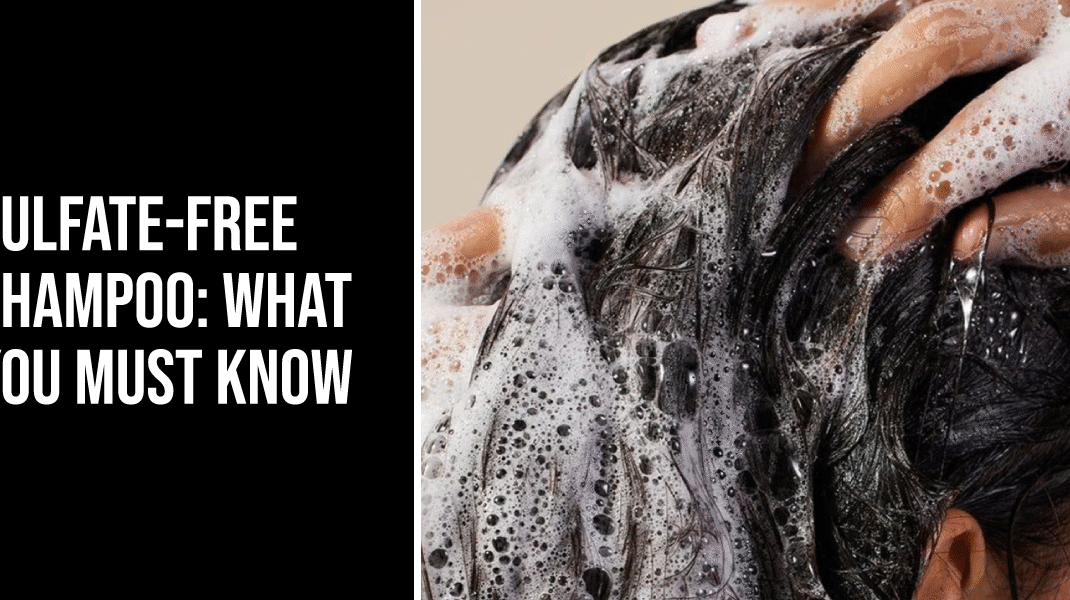You know that moment when you walk down the hair care aisle, and every bottle screams something different: “moisture boost,” “damage repair,” “Sulfate-free Shampoo”? It’s easy to feel lost, right?
Well, that “Sulfate-free Shampoo” label has become a big deal, and for a good reason. It simply means the shampoo doesn’t contain harsh cleansing agents that strip away your natural oils, keeping your hair softer, smoother, and healthier in the long run.
In this blog, we’ll break down everything about it, like what it really does, who should use it, and how it compares to regular shampoos. Here, you’ll know exactly why people are switching to sulfate-free products and if it’s the right pick for your hair, too.
What is Sulfate-free Shampoo?
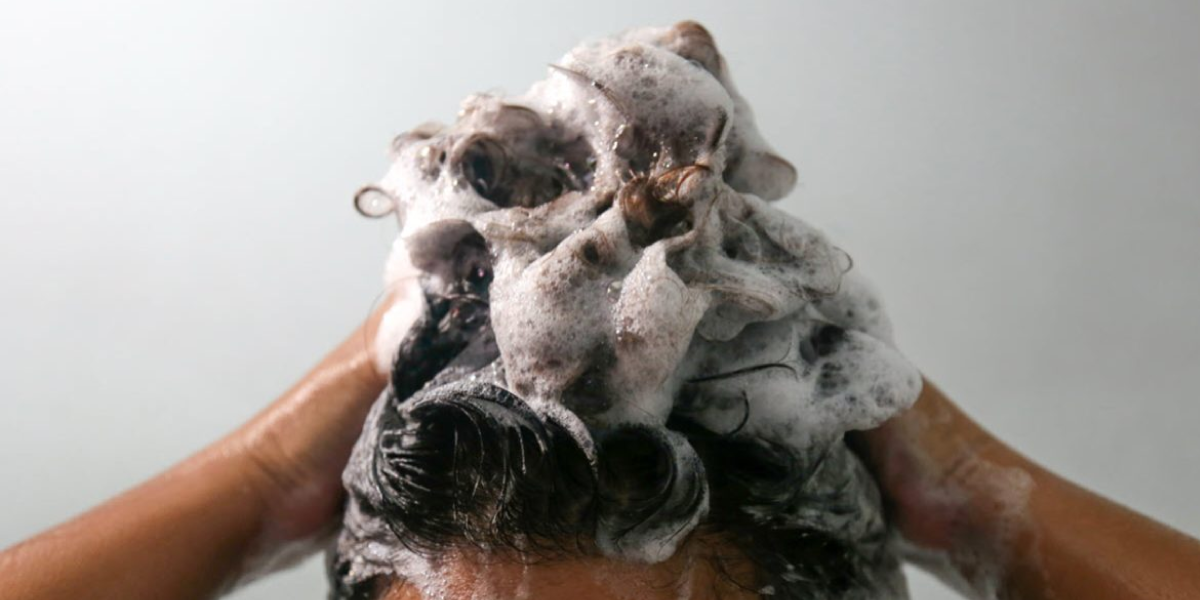
Sulfate-free shampoo is a shampoo that does not include certain strong cleaning agents called sulfates. In many regular shampoos, you’ll find ingredients like Sodium Lauryl Sulfate (SLS) or Sodium Laureth Sulfate (SLES).
These are detergents, like the stuff that creates foam and removes oil and dirt. So when you hear someone ask, “What is sulfate in shampoo?”, that’s what they mean.
A sulfate-free shampoo is simply a shampoo without sodium lauryl sulfate or other similar harsh cleaners. It still cleans your hair, but it uses gentler ingredients instead.
Why are People Talking About It Now?
Because everyone is more aware of what’s inside beauty products these days, people want safer, cleaner, and more natural options. Many believe that sulfates in shampoo are harsh, can strip natural oils, and make hair dry.
Research even shows that laureth sulfate in shampoo might cause dryness or irritation in some cases. In fact, researchers from Germany tested 1,600 patients and found 42% had an irritant reaction to SLS.
Another small study also showed that regular SLS contact caused irritation, but it went away once people stopped using SLS. That’s why “sulfate-free” has become a big trend today.
How do Sulfates Work?
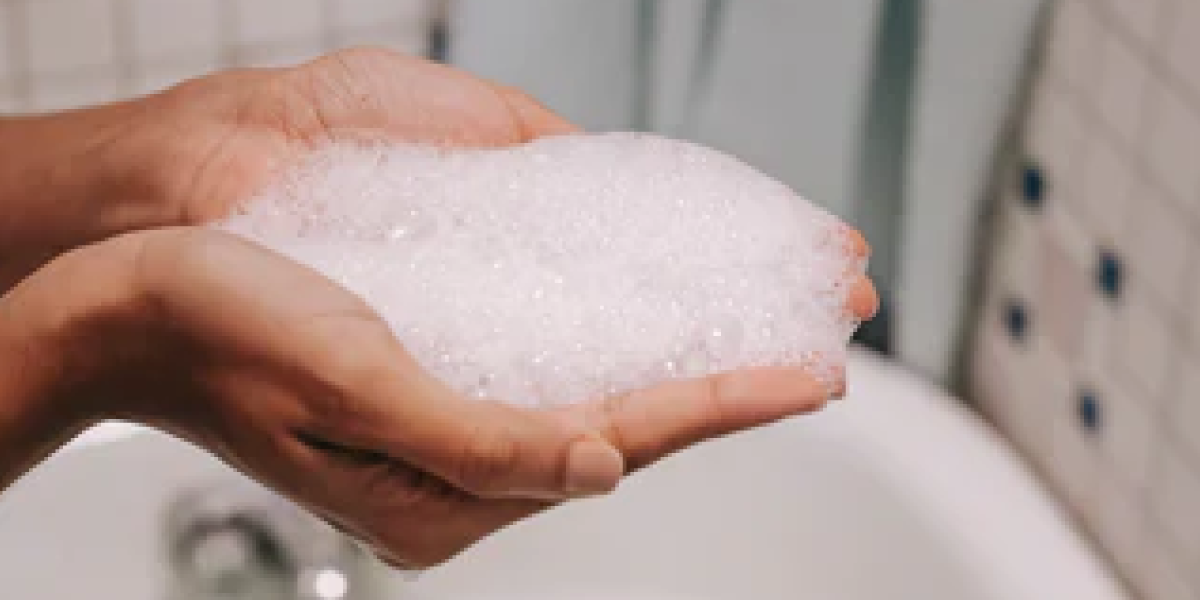
Sulfates in shampoo are surfactants. That means they attract both water and oil. They help remove grease, sebum, and residue from your hair and scalp, and they make your shampoo foam up. So when people ask, “What do sulfates do to your hair?”, the answer is simple: they clean it deeply, but sometimes too deeply.
What are the Pros of Switching to Sulfate-free?
Here are some easy-to-understand benefits:
- Less dryness and irritation: If your hair feels rough or your scalp is sensitive, a sulfate-free shampoo can be gentler.
- Better for colored hair: If you dye your hair, strong sulfates may make the color fade faster. A sulfate-free formula helps it stay bright longer.
- Healthier scalp barrier: Strong surfactants like SLS in shampoo can strip natural oil from your scalp. That can weaken the skin barrier. Gentler cleansers help keep it balanced.
- Newer and milder ingredients: Many brands now use natural, plant-based, or amino-acid surfactants. They can clean without being too harsh.
What are the Cons or Things to Watch Out for?
Even though it sounds perfect, there are a few things to consider:
- Not as strong for heavy build-up: If your hair gets very oily or you use lots of styling products, a gentle sulfate-free shampoo may not feel “super clean.”
- Not automatically better: Just because a shampoo says “sulfate-free” doesn’t mean it’s always the best. The rest of the ingredients matter too.
- Foam factor: Sulfates are what make shampoo foam a lot. So sulfate-free shampoo might create less lather, but that doesn’t mean it’s not cleaning.
- Higher price: Some brands charge more just for the label. Always check the ingredient list, not just marketing words.
Who Should Consider Using Sulfate-free Shampoo?
It’s great for you if:
- Your hair is dry, frizzy, or damaged.
- You have colour-treated or chemically treated hair.
- Your scalp is sensitive or itchy.
- You don’t use too many styling products.
But it might not be necessary if:
- You have a very oily scalp.
- You use lots of products or oil daily.
- You like shampoos that foam a lot.
How to Pick a Good Sulfate-free Shampoo
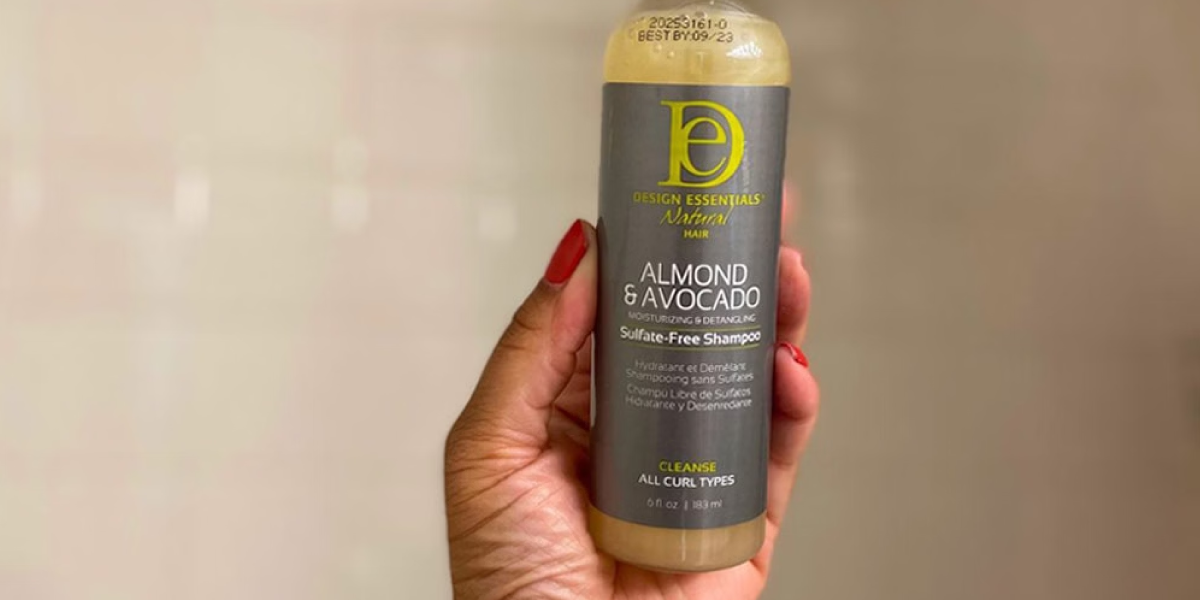
Here’s how to choose smartly:
- Check the label: Avoid SLS and SLES.
- Look for gentle surfactants: Things like decyl glucoside, coco-betaine, or sodium cocoyl isethionate. These are milder alternatives.
- Match your hair type: Dry hair loves hydrating ingredients like glycerin or natural oils. Oily hair prefers lighter formulas.
- Trial and adjust: Sometimes your hair needs a few washes to get used to a new product.
|
If you want real results, choose a reliable and trusted source, like Salon Essentials LA, when buying your sulfate-free shampoo. Always pick from trusted stores or professional brands that share full ingredient details and user reviews. |
How to Use Sulfate-free Shampoo
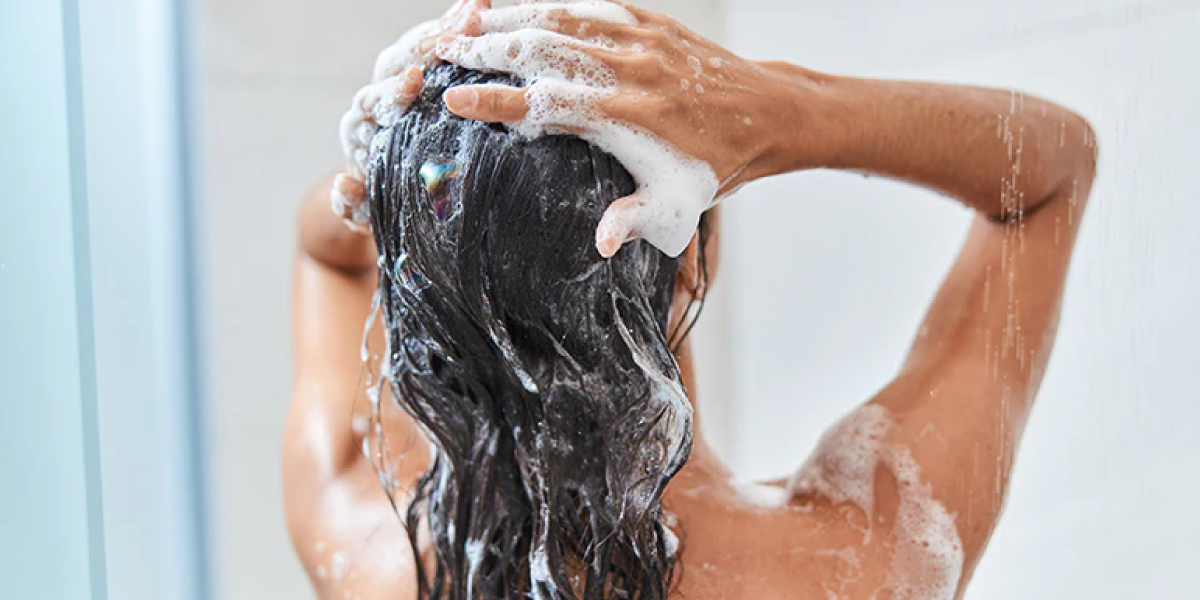
You can use this kind of shampoo just like a normal shampoo: wet your hair, apply, massage, and rinse. It may foam less, and that’s fine. If you use a lot of products or oils, you might need a clarifying wash once in a while. Always follow with a conditioner for extra moisture.
What Does the Research Say?
Let’s see what experts and real users are saying.
- A review from the University of Cincinnati explained that making a Sulfate-free Shampoo shouldn’t be just about removing the word “sulfate.” The real goal is to create products that are gentle on hair and also better for the environment.
- An article from Advanced Science News mentioned that some shampoos with sulfates can actually be made gentler than those without them. So, just being sulfate-free doesn’t always mean it’s better.
- A paper from MDPI said that sulfates are cheap and clean very well, but their strong cleaning power can remove too much natural oil and sometimes cause irritation.
- Even on Reddit, many people share that it depends on hair type. Someone said, “If your hair is dry or color-treated, then sulfate-free might be the way to go.”
So, the main point is simple. Sulfate-free shampoos can be great, but they’re not perfect for everyone. Your hair type, the full formula, and how often you use it all make a big difference.
Myth-busting: What’s Really True For Sulfate-free Shampoo?
Let’s clear up some common myths in a simple way.
Myth 1: “Sulfate-free Means My Hair will Never Dry Out.”
Truth: It can help your hair stay softer, but it’s not magic. Your hair can still get dry from heat styling, harsh weather, or not using enough conditioner.
Myth 2: “Sulfates are Bad for Your Hair.”
Truth: Not always. Sulfates do a great job cleaning dirt and oil. But if your hair is damaged, dry, or colored, they can be a bit too strong. It really depends on your hair type.
Myth 3: “Sulfate-free Shampoos Don’t Clean Well Because They Don’t Foam Much.”
Truth: Foam doesn’t mean better cleaning. Sulfate-free shampoos may make less foam, but they still clean your scalp and hair just fine.
Tips for Your Hair Routine with Sulfate-free Shampoo
Follow the tips below to maintain a proper hair care routine.
- Give your hair a few weeks to adjust.
- If you feel it’s not cleaning enough, try a clarifying shampoo once every week or two.
- Always condition afterward.
- Watch for other ingredients like fragrance or alcohol that may still irritate your scalp.
- If you live in an area with hard water, rinse extra well.
- Stay consistent with your hair routine for the best results.
Wrapping Up
Sulfate-free shampoo is great if your hair is dry, color-treated, or sensitive. It’s a smart option for people who want a gentler clean. But if your regular shampoo works fine, you don’t have to switch just because it’s trendy.
What matters most is knowing what sulfates do to your hair, how your scalp feels, and choosing what keeps your hair healthy and happy. Always check ingredients, not just labels, and choose what truly suits your hair.
FAQs
|

